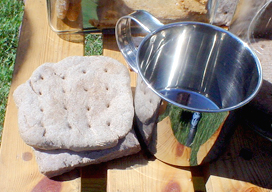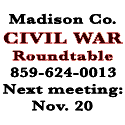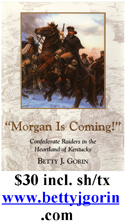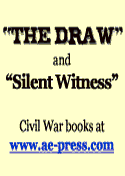|
Hardtack was so hard it could break a tooth
Civil War soldiers learned quickly that the easiest way to break a tooth was to eat hardtack.
The biscuits made of flour with other simple ingredients were issued to Union soldiers throughout the war, and, when received months after being made, were extremely hard. So hard, in fact, that soldiers called them “tooth dullers” and “sheet iron crackers.”
Hardtack crackers actually constituted a large portion of a Union soldier's daily ration.
They were square or sometimes rectangular in shape with small holes baked into them, similar to a large soda cracker.
Large factories in the north baked hundreds of hardtack crackers every day, packed them in wooden crates and shipped them out by wagon or rail.
If the hardtack was received soon after leaving the factory, they were quite tasty and satisfying. But, usually, the hardtack did not get to the soldiers until months after being made.
Sometimes the crackers were infested with small bugs the soldiers called weevils, so they referred to the hardtack as "worm castles" because of the many holes bored through them by the pests.
Union troops usually were allowed six to eight crackers for a three-day ration.
There were a number of ways to eat them - plain or prepared with other ration items. They could be crumbled into coffee or softened in water and fried with some bacon grease.
One favorite dish was salted pork fried with hardtack crumbled into the mixture. This was called "skillygallee" and it was a common and easily prepared meal.
Confederate soldiers also learned the plusses and minuses of hardtack when Union food was confiscated following a battle.
|
|
 |
|










